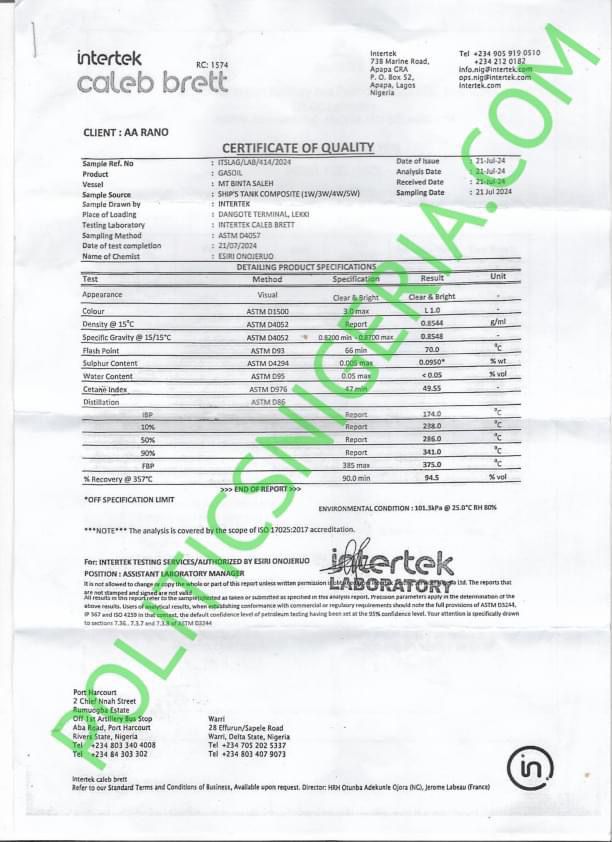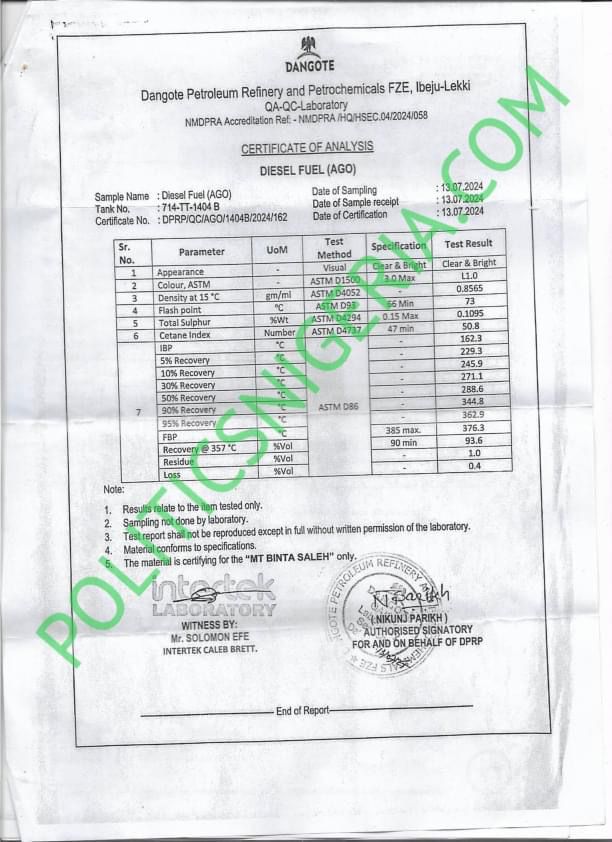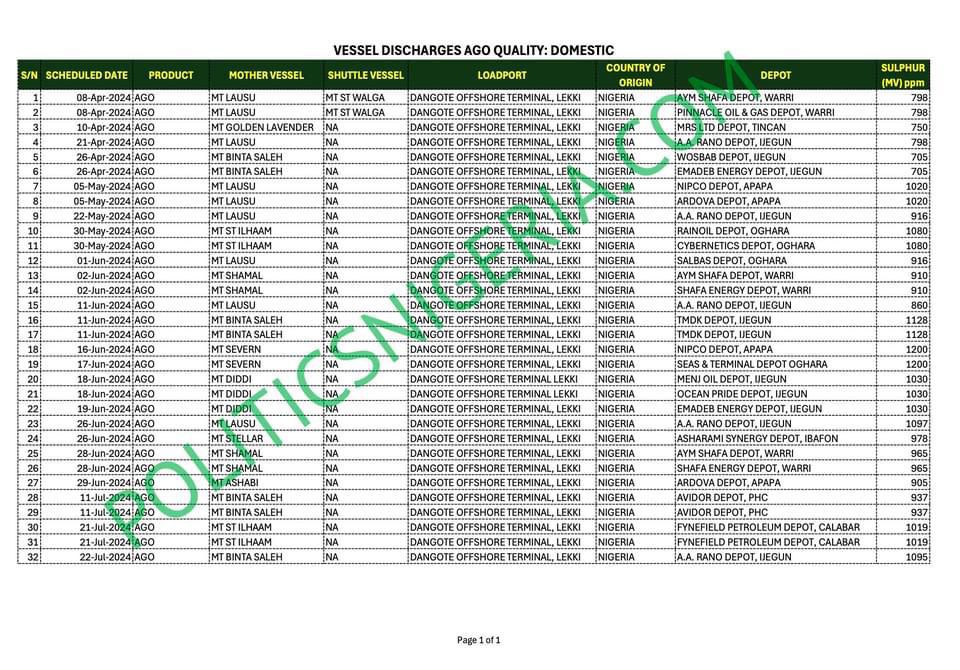
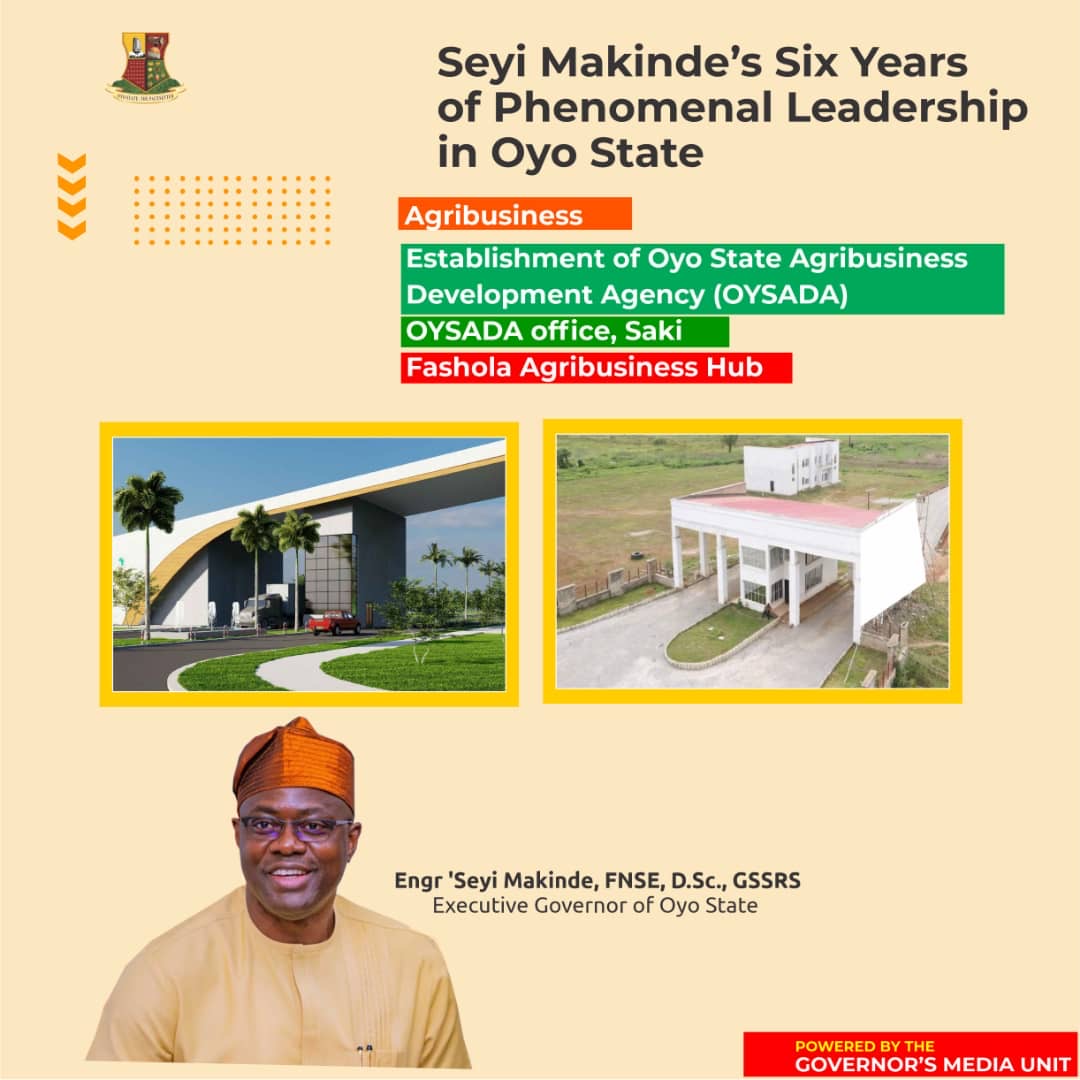







Following a comprehensive analysis of data sourced from certified laboratory results and delivery records, Abuja based Newspaoer, Politics Nigeria, reports that the diesel fuel from Dangote Refinery contains high sulphur content at least 400 percent higher than European Union (EU) standards.

Recall that Aliko Dangote, the CEO of Dangote Refinery, had, last month, claimed that product from his refinery was of impeccable quality, adding that the diesel fuel produced by his refinery had low sulphur content.
However, further checks revealed through a cache of official document that the Africa’s richest businessman may have misrepresented facts and possibly manipulated information.
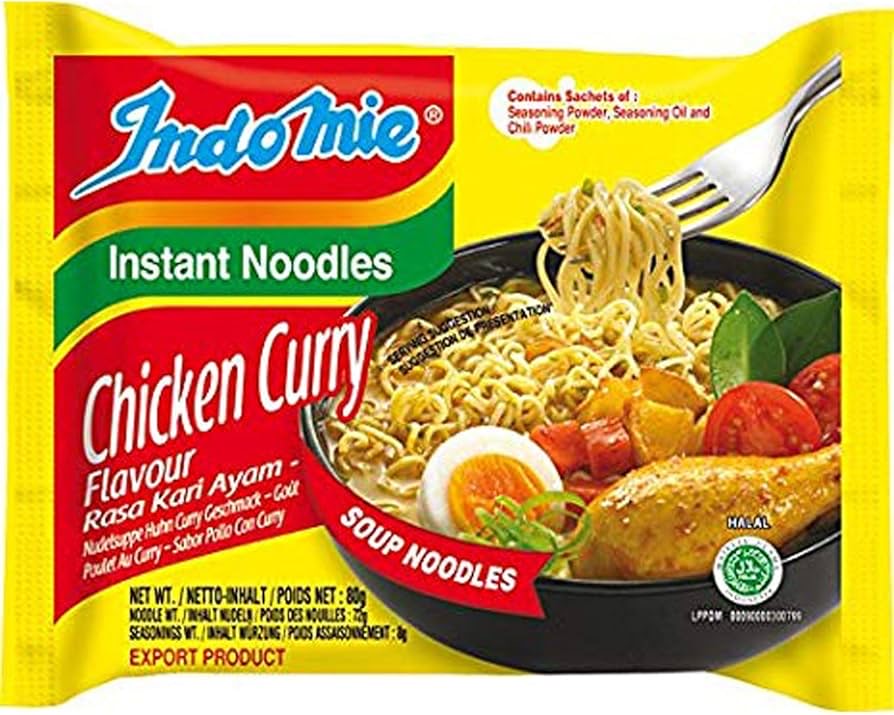




Similarly, Mr. Dangote had recently accused major players and regulatory agencies of sabotaging the $19 billion refinery’s efforts to secure necessary feedstock for its operations.
In response, Nigerian Midstream and Downstream Petroleum Authority (NMDPRA) CEO Farouk Ahmed stated that Dangote’s fuel has higher sulphur content, a harmful element in crude oil.
According to him, “the Lagos-headquartered refinery and other modular refineries produced diesel with sulphur content ranging from 650 ppm (parts per million) to 1200 ppm.”
Speaking on this development, a chemist at the University of Cambridge explained that Sulphur is a natural element in crude oil, which is usually removed during refining processes because high amounts in fuel damage engines and cause environmental pollution.
“When fuel with high sulphur content is burnt, it produces sulphur dioxide (SO2), a harmful gas that contributes to environmental pollution. This is particularly concerning as sulphur dioxide is a major contributor to acid rain, which can harm ecosystems, damage buildings and infrastructure, and pose health risks to humans and animals,” she stated.
Official documents further revealed that the Collated Test Results of AGO (Diesel) including lab results of diesel fuel supplied to retailers between April and last month, revealed that the sulphur content in Dangote diesel went up to as high as 1200 ppm.
The fuel, delivered in 32 batches, was supplied to different depots of Rain Oil, AA Rano, TMDK Oil, Kashton, NIPCO, Sobaz, and other retail companies. The amount of sulphur found in Dangote diesel averaged 937 ppm, with the lowest of 705 ppm in April and the highest of 1200 ppm in a supply to NIPCO on June 16.
In line with NMDPRA regulation, these supplies were tested by Dangote’s quality assurance team and verified by independent international testing companies who also issued certificates of analysis.
As part of moves to discredit the NMDPRA CEO’s claims and shield itself from public scrutiny, Dangote Refinery organised a testing of its diesel during a tour of the facility by a group of House of Representatives members on July 20. Samples from the refinery were collected alongside some diesel samples procured from two filling stations along the Lekki-Epe Expressway.
During the tour, Dangote had said: “Lab tests revealed that Dangote’s diesel had a sulphur content of 87.6 ppm, whereas the other two samples showed sulphur levels exceeding 1800 ppm and 2000 ppm respectively.
“In terms of quality, when we started, our quality was about six hundred to six fifty ppm; the ppm was one of the best in terms of quality at the time we started. But as of today, we are at 87 ppm. And you can take a sample on Monday. By Monday, we will be less than 50 ppm. By the beginning of August, we will be at 10 ppm.”
However, according to impeccable sources familiar with the company’s operations, the testing did not reflect the actual results of the diesel fuel Dangote Refinery supplies to the market.
A source, who pleaded anonymity for security reasons, said: “That test is far from the reality on the ground. It was done to mobilise members of the public against the federal government and force the government to reach a deal with the refinery.
“In fact, on July 22, two days after the lawmakers’ visit, Dangote Refinery delivered a shipment of diesel fuel containing 950 ppm of sulphur to AA Rano’s depot in Ijegun, Lagos.”
Records also showed that the same shipment was first tested by Dangote’s quality control department on July 13 and was confirmed to contain 1095 ppm of sulphur. The certificate of analysis was authorised by Nikunj Parikh, a senior chemist at Dangote, and witnessed by an independent lab chemist, Solomon Efe.
As of the time of filing this report, our Correspondent could not reach the spokesperson for Dangote, Tony Chiejina, to react to the development as calls to his known telephone number went unanswered.
